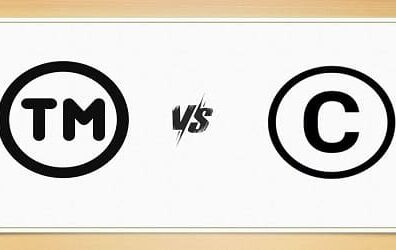10 Transactions That Can Invite Scrutiny From Tax Authorities

Introduction
In today’s world, where being open about finances is really important, taxpayers need to make sure that the money they report matches up with their actual financial activities. The Income Tax Department is using more advanced methods to check if there are any differences between what people say they earn on their tax returns and what they’re actually doing with their money.
To stop people from avoiding taxes and illegally moving money around, tax authorities keep a close eye on various kinds of transactions involving cash. Banks, investment companies, stockbrokers, and property registrars are required to tell the tax department about any cash transactions that go over a certain amount. In this article, we’ll talk about 10 big transactions that might make the tax department take a closer look.
List Of Transactions That Can Invite Scrutiny From Tax Authorities
- Cash Deposit of Rs 10 lakh in a year or Rs 2 Lakh in a single transaction in a Savings Bank Account.
- Purchasing Demand Draft or RBI Instruments of value of Rs 10 Lakh or more in Cash.
- Cash Deposit or Withdrawal from a Current Bank Account of an amount of Rs 50 Lakh or more in a year.
- Sale or Purchase of Immovable property of Rs 30 Lakh or more.
- Investments in Shares, Mutual Funds, Debentures and Bonds in Cash for a value of Rs 10 Lakh or more in a year.
- Payment of Credit card bill of Rs 1 Lakh or more in Cash in a year or payment of Rs 10 lakh or more via channels other than cash.
- Sale or Purchase of foreign currency of Rs 10 lakh or more in a year.
- Expenditure in foreign currency via debit card, credit card, traveller’s cheque or by any mean for an amount of Rs.10 Lakh or more in a year.
- Cash deposit in Fixed Deposit or Recurring Deposit of Rs 10 Lakh or more.
- Any person liable for audit under section 44AB of the Income Tax Act must report transactions in which Cash received against sale of goods or services is Rs 2 Lakh or more. The amount of Rs 2 Lakh is to be considered for a single transaction from a person and not to aggregated.
Conclusion
The list provided above highlights ten high-value transactions that may raise red flags with the tax authorities, underscoring the importance of adhering to reporting requirements and maintaining accurate financial records. By understanding these transactions and their potential implications, taxpayers can navigate the tax system more effectively and avoid unwanted scrutiny.
Ultimately, by fostering a culture of financial accountability and compliance, both taxpayers and tax authorities can work towards a fairer and more transparent tax system that benefits society as a whole.
Follow Us
Keep Yourself Updated By Following Us




